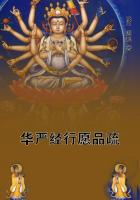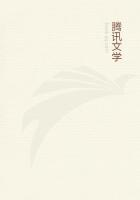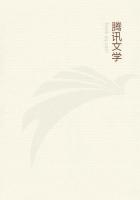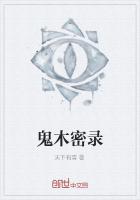It would seem, however, also to need external equipment but little, or less than moral virtue does. Grant that both need the necessaries, and do so equally, even if the statesman's work is the more concerned with the body and things of that sort; for there will be little difference there; but in what they need for the exercise of their activities there will be much difference. The liberal man will need money for the doing of his liberal deeds, and the just man too will need it for the returning of services (for wishes are hard to discern, and even people who are not just pretend to wish to act justly); and the brave man will need power if he is to accomplish any of the acts that correspond to his virtue, and the temperate man will need opportunity; for how else is either he or any of the others to be recognized? It is debated, too, whether the will or the deed is more essential to virtue, which is assumed to involve both; it is surely clear that its perfection involves both; but for deeds many things are needed, and more, the greater and nobler the deeds are. But the man who is contemplating the truth needs no such thing, at least with a view to the exercise of his activity; indeed they are, one may say, even hindrances, at all events to his contemplation; but in so far as he is a man and lives with a number of people, he chooses to do virtuous acts; he will therefore need such aids to living a human life.
But that perfect happiness is a contemplative activity will appear from the following consideration as well. We assume the gods to be above all other beings blessed and happy; but what sort of actions must we assign to them? Acts of justice? Will not the gods seem absurd if they make contracts and return deposits, and so on? Acts of a brave man, then, confronting dangers and running risks because it is noble to do so? Or liberal acts? To whom will they give? It will be strange if they are really to have money or anything of the kind.
And what would their temperate acts be? Is not such praise tasteless, since they have no bad appetites? If we were to run through them all, the circumstances of action would be found trivial and unworthy of gods. Still, every one supposes that they live and therefore that they are active; we cannot suppose them to sleep like Endymion. Now if you take away from a living being action, and still more production, what is left but contemplation? Therefore the activity of God, which surpasses all others in blessedness, must be contemplative; and of human activities, therefore, that which is most akin to this must be most of the nature of happiness.
This is indicated, too, by the fact that the other animals have no share in happiness, being completely deprived of such activity. For while the whole life of the gods is blessed, and that of men too in so far as some likeness of such activity belongs to them, none of the other animals is happy, since they in no way share in contemplation.
Happiness extends, then, just so far as contemplation does, and those to whom contemplation more fully belongs are more truly happy, not as a mere concomitant but in virtue of the contemplation; for this is in itself precious. Happiness, therefore, must be some form of contemplation.
But, being a man, one will also need external prosperity; for our nature is not self-sufficient for the purpose of contemplation, but our body also must be healthy and must have food and other attention. Still, we must not think that the man who is to be happy will need many things or great things, merely because he cannot be supremely happy without external goods; for self-sufficiency and action do not involve excess, and we can do noble acts without ruling earth and sea; for even with moderate advantages one can act virtuously (this is manifest enough; for private persons are thought to do worthy acts no less than despots-indeed even more); and it is enough that we should have so much as that; for the life of the man who is active in accordance with virtue will be happy. Solon, too, was perhaps sketching well the happy man when he described him as moderately furnished with externals but as having done (as Solon thought) the noblest acts, and lived temperately; for one can with but moderate possessions do what one ought. Anaxagoras also seems to have supposed the happy man not to be rich nor a despot, when he said that he would not be surprised if the happy man were to seem to most people a strange person; for they judge by externals, since these are all they perceive. The opinions of the wise seem, then, to harmonize with our arguments. But while even such things carry some conviction, the truth in practical matters is discerned from the facts of life; for these are the decisive factor. We must therefore survey what we have already said, bringing it to the test of the facts of life, and if it harmonizes with the facts we must accept it, but if it clashes with them we must suppose it to be mere theory. Now he who exercises his reason and cultivates it seems to be both in the best state of mind and most dear to the gods. For if the gods have any care for human affairs, as they are thought to have, it would be reasonable both that they should delight in that which was best and most akin to them (i.e. reason) and that they should reward those who love and honour this most, as caring for the things that are dear to them and acting both rightly and nobly. And that all these attributes belong most of all to the philosopher is manifest. He, therefore, is the dearest to the gods. And he who is that will presumably be also the happiest; so that in this way too the philosopher will more than any other be happy.
9

